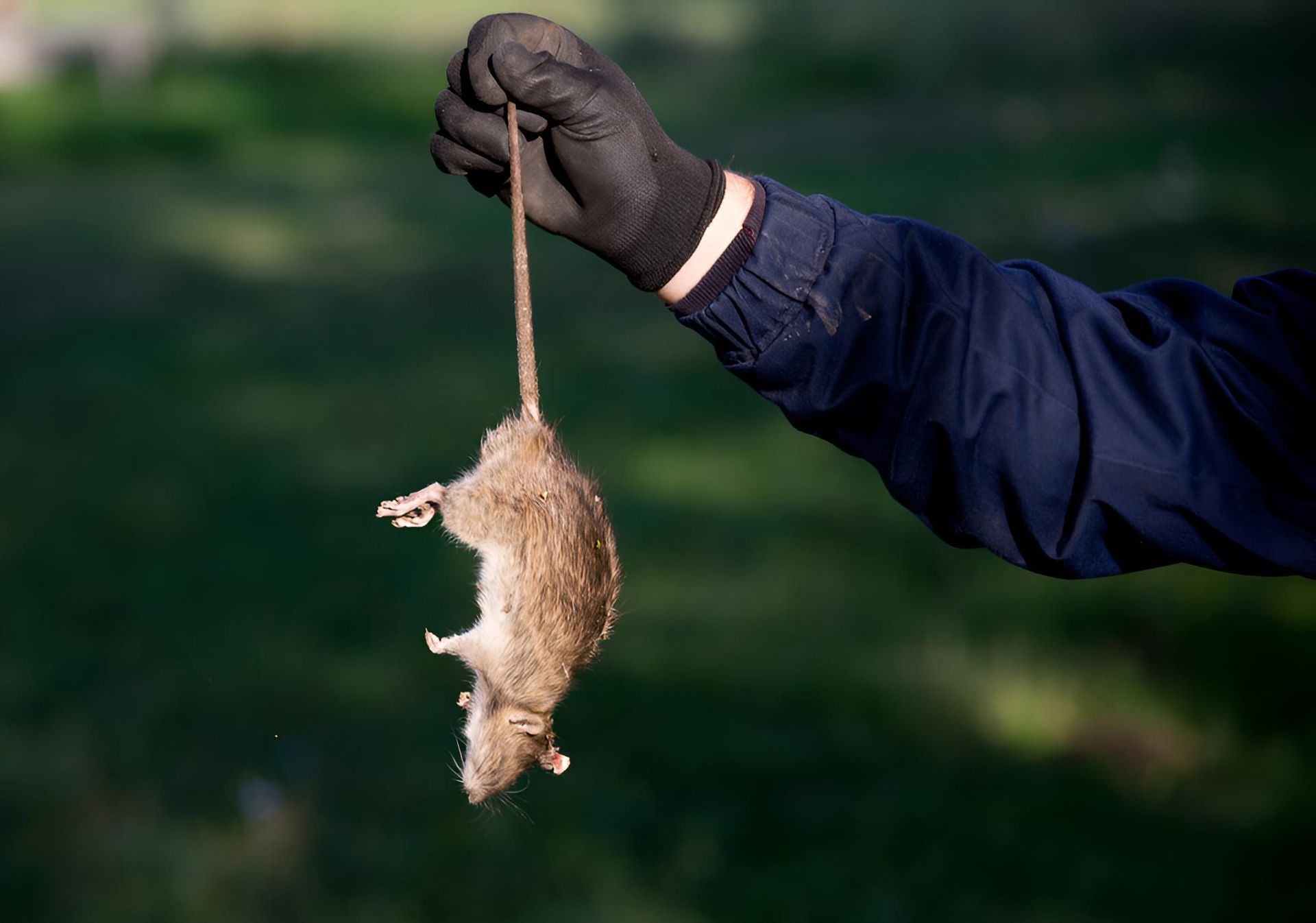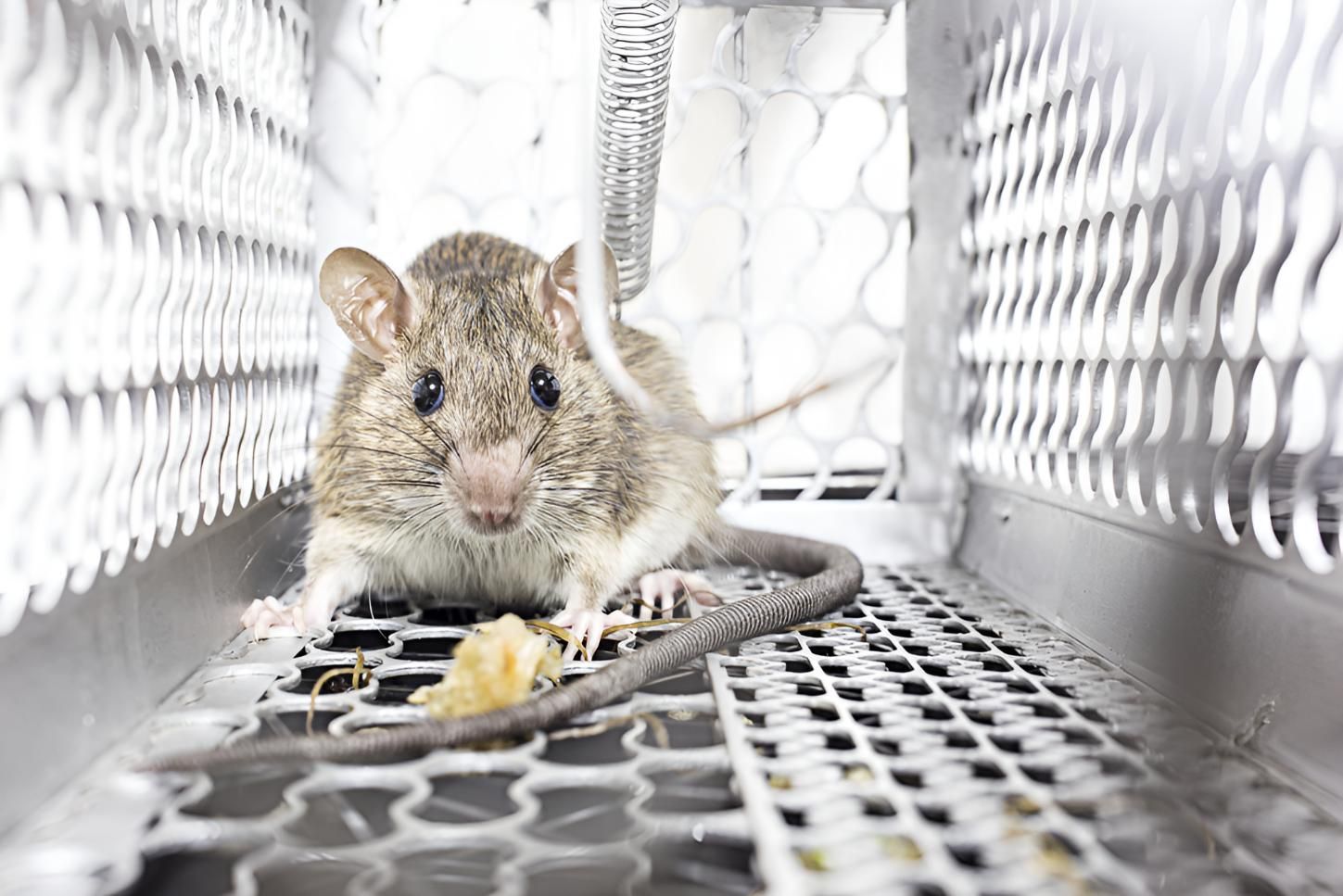Rodent Control on the Sunshine Coast
- Tailored pest solutions
- Fast, friendly & affordable
- 18+ years in health sciences
- Operating since 2016
Request a Call Back
Thank you for contacting Shark Pest Control.
We will be in touch soon.
Please try again later.
Sunshine Coast Rodent Control
Nice Rats & Not Nice Rats – Do You Know the Difference?
Welcome to our section on rats and mice. Keeping with our theme this will be short and sweet. Rats come in basically two types on the Sunshine Coast:
“Nice Rats” and “Not Nice Rats” (excluding pet rats). You might say all rats are not nice but the reality is some rats just pass through your yard looking for food and move on (they’re the nice ones) and the some like your home to make their home and have happy families (they are the not so nice ones).
We will focus on the latter. Rats as part of what they do mean nothing but damage, smell, disease and noise which makes living with them unsustainable (that’s it). Mice other than pet mice do the same.
Our techs at Shark Pest Control know exactly where these little freeloaders hide and how they behave—and more importantly, how to get rid of them. Call
0427 616 282 for a free quote on our rodent control service.
Your Pests. Our Problem.
Rodent Control Treatment
This where things can get ugly for the mice and rats as there is no nice way of treating them that is more efficient than proper baiting. I know this is where you say why not “catch and release” them or what is wrong with traps?
Ok, traps don’t always kill them but can maim them as do sticky pads which are a slow painful death. Catch and release is great if you are prepared to pay someone to do it regularly or you are prepared to go through the process yourself taking into account the time needed to service the trap. The downside with this idea is that rodents are cautious by nature and will figure out something is up as does happen from time to time when using baits as well.
Using baits from hardware stores and just thrown into the roof or put anywhere in the house or yard is a bad idea for lots of reasons:
- Unsafe as pets or worse still children could find it.
- You have no idea if it has worked or if any is left especially if you throw pellets or bags in the roof as you can’t see it.
- Rats particularly, are hoarders so they will simply collect them up and take them back to the nest and drop some on the way back which once again could be found by a child or pet.
At Shark Pest Control we secure the baits in the roof space (where access is possible) so they can be checked and use where applicable “tamper proof” boxes to secure the bait. The products we use, in most cases, cause the rodent to leave the roof when dying as opposed to DIY baits which nearly always mean they will die in the roof or home and then smell something fierce.
Call Shark Pest Control on
0427 616 282 if you have a rodent problem.
Frequently Asked Questions
How do I know if I have a rodent problem?
Signs of rodents include scratching in walls or ceilings (especially at night), droppings near food or storage areas, chew marks on packaging or wires, and greasy rub marks along skirting boards. You may even smell them—a stale, musky odour that gets stronger over time. If you’re seeing signs during the day, chances are the problem has already grown.
What’s the best way to get rid of rats and mice?
The most effective rodent control uses a combination of secure bait stations, exclusion work, and food-source management. Professional baiting is safer and smarter than store-bought alternatives, and ensures rodents are more likely to leave the premises and die outside—avoiding unpleasant odours inside your home. Long-term solutions include sealing entry points and trimming overhanging vegetation.
Are rodent treatments safe for pets and children?
Yes—when handled by licensed professionals. Treatments involve tamper-proof bait boxes placed in areas that are out of reach and inaccessible to pets and kids. These stations are designed to prevent accidental contact and can be monitored and maintained over time. Always follow technician advice on post-treatment safety to ensure your family stays protected.







